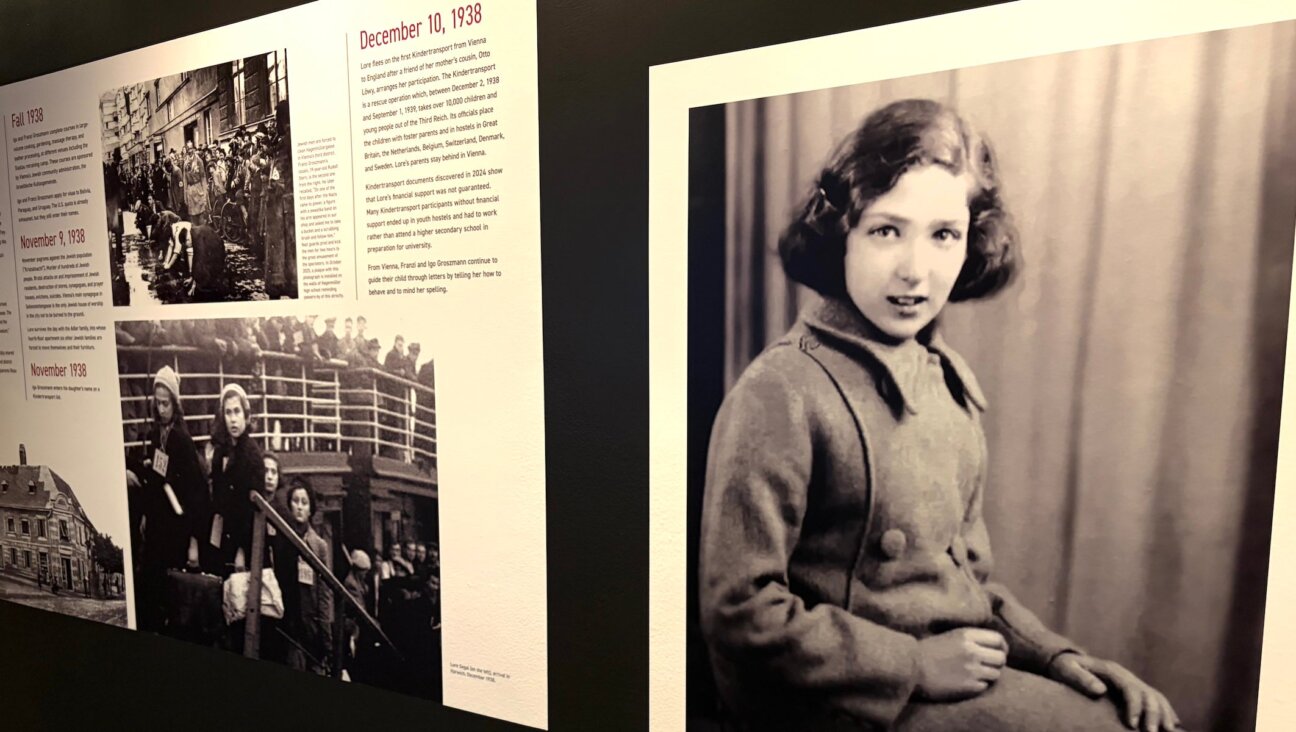The Arab Street’s Dream
The speech that Secretary of State Hillary Rodham Clinton delivered January 13 at a forum in Doha, Qatar, has been rightly lauded for its bold and direct push for governmental reform in the Middle East. Her argument was not based on a civics lesson, nor on the need to embrace democracy for democracy’s sake, but instead on the urgency of confronting the dire economic situation in the region, where one in five young people is unemployed, jobs are scarce, official corruption is rife and vital resources are rapidly depleting.
She challenged the assembly of Arab leaders to “create more economic opportunity, encourage entrepreneurship, give citizens the skills they need to succeed.” Her audience reportedly greeted these exhortations with stony-faced silence.
But if these leaders needed more evidence of the overriding attractiveness of economic reform, they need only to read the fine print of a recently released opinion survey of more than 1,000 Palestinians in 19 neighborhoods in East Jerusalem conducted by Pechter Middle East Polls and the Council on Foreign Relations. The poll (conducted in Arabic) found that, given the choice to live in Israel or a new state of Palestine, 35% of the respondents chose Israel, 30% chose Palestine and another 35% said they didn’t know.
And why would a third of the Palestinians, who elsewhere in the survey overwhelmingly say they are discriminated against in Israel, not follow their nationalistic instincts? Because for many, economic necessity is a much more powerful force.
The top 10 reasons that Palestinians preferred the option of Israeli citizenship, in descending order, were: freedom of movement and transport, higher incomes, health insurance, job opportunities and so on. “Political situation” was number eight.
When the survey asked Palestinians to list their concerns if their neighborhood were to become part of a new Palestinian state, the top worry was losing access to the Old City and Al-Aqsa mosque. But after that, all the concerns were economic: employment, movement, health care, benefits.
“The prevailing view emphasizes practical issues,” confirms David Pollock of the Washington Institute for Near East Policy, who designed, supervised and analyzed the poll. “Even though they express they are not fully equal under Israeli rule, the practical benefits are enough to push them toward Israel.”
From Pollock’s perspective, the message here is that a simple division of Jerusalem along sectarian or nationalistic lines may not be what Palestinians actually want, and that the freedom to move, to work, to participate in the kind of vibrant economy they see in Israel must be protected if the city is to be shared.
There’s also a broader message that echoes Clinton’s warnings: Arab leaders who have spent decades stoking a nationalistic agenda elsewhere would do well to attend to their real economic challenges at home. The violent street demonstrations roiling Tunisia as Clinton spoke have not abated as of this writing, in part because the mere change in governance was not enough to satisfy protesters hungry for political and economic reforms.
As one protester reportedly said of the life under the now-exiled Tunisian leader: “It was peaceful. It was a comfortable life. He made the city look good,” she said. “But poor people didn’t have any chance to live.”
















